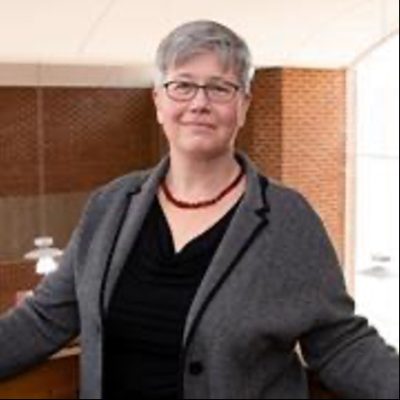Foreword
Professor Sasha Roseneil
Stilling the voices that know, cultivating those that don’t know
We are living through a period of polarised certainties. Amplified by social media, and informed by the algorithmic push of like-minded content, individuals and groups seem more ready than ever to shout their firmly held opinions into echo-chambers. Ambiguity, ambivalence, doubt and nuance are side-lined. Careful listening, dialogue across difference, and recognition of the multiplicity of world-views and the complexity of human experience are all too rare in the public square. There is little or no space for not-knowing.
Yet, paradoxically, the recent past has underlined just how uncertain the world is, and how little we know about what might come next. A global pandemic has up-ended our lives, forcing us to rapidly re-invent practices of daily existence, with no blue-print to follow. There is widespread political turbulence and conflict within and between nation-states. Economies and markets are unsettled, prices are rising, millions are cast into poverty. And across the world, climate change is destroying homes and livelihoods, and biodiversity is disappearing. What all this means, what the future holds, we cannot know for sure. Indeed, it might be suggested, if we follow the argument on which this collection rests, that our ability to shape our shared future rests on our ability to acknowledge and lean into the uncertainty.
In this context, this education pack is an inspirational manifesto and a textbook for our times – an intervention in the contemporary cultural and ecological moment that provides an exciting array of provocations and resources for those who want to open up possibilities for people of all ages to learn to live and work with uncertainty.
Coming from a wide range of disciplinary and interdisciplinary backgrounds, the contributors share a commitment to education as a creative process that seeks to develop what the early nineteenth century poet John Keats called, in a letter to his brothers in 1817, ‘negative capability’. Keats explained this as the capacity to be ‘in uncertainties, Mysteries, doubts, without any irritable reaching after fact and reason’. [1] Keats regarded negative capability as a key attribute of the great writer, and subsequently, psychoanalysis has expanded on the idea that the ability to sit with uncertainty, to not rush to close down uncomfortable experiences of not knowing, is important both in the therapeutic relationship, and to psychic health and well-being.
The exercises and projects that are suggested by the authors in this pack are designed to elicit experiences of uncertainty, and to cultivate tolerance of the discomfort that invariably accompanies encounters with new material. Grounded in an empathetic recognition that engaging with unfamiliar ideas and with different perspectives can be unnerving, or even deeply disturbing, there is a profound humanity underpinning the pedagogy presented here. At the same time, the approach also rests on an understanding of the fundamental entanglement and interdependence of human beings with the natural world, of people and planet. Taken together, the resources seek to develop students’ capacities for rational, emotional, embodied, and relational ways of knowing, alongside the capacity to abide in a state of non-knowing. In so doing, they support the development of the skills of innovation and invention needed for research, entrepreneurship, and creative practice, as well as attitudes of mind that might enable us to survive and thrive in a fast-changing world.
In 1961 the University of Sussex adopted its founding motto: ‘Be still and know’. In the light of the wisdom of this text, we might today, amidst the sound and fury of the present, look to still the voices within and amongst ourselves that (always) know (best), and to cultivate those that don’t, encouraging us all to ‘be still, and know and know-not’.
Professor Sasha Roseneil
University of Sussex
Falmer, Brighton, UK
June 2023
- Selections from Keats's Letters by John Keats, Poetry Foundation ↵


